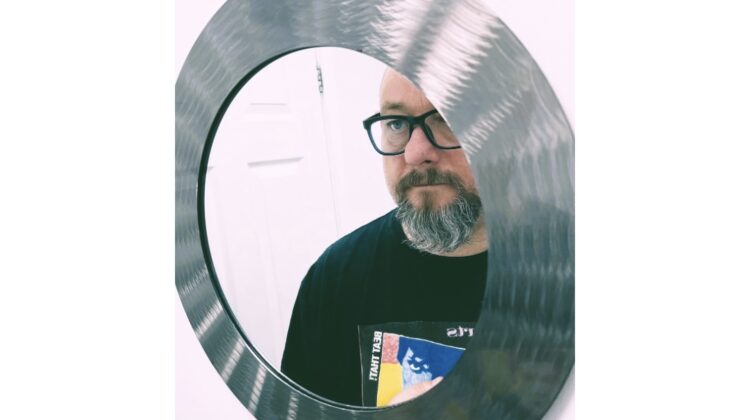
Kingsley Harris has been collecting local band recordings and memorabilia since his mid-teens and is, Archive Coordinator for the East Anglian Music Archive. With a new book, about ‘The Anglian Beat’ in the 50s and 60s, he explains more
When did your interest in music begin?
My interest in music has always been there. My mum played the saxophone, and so did my grandad. He also played the banjo and sang at all the family get togethers. Our family would sit down and watch Top Of The Pops together. I liked most styles, my siblings also liked various things – my sister liked musicals, my old brother liked the heavier stuff and my middle brother liked soul. You latch on to it all, including all the stuff being talked about at school.
What are your memories of the first local band you ever saw? Who played and where?
As I point out in the book I cannot in all honesty answer that question. If someone had sat me down before it happened and said, ‘What happens tonight will change your life,’ I may have paid more attention. I didn’t even know we were going to a gig. However, it was amazing.
After this I recall bands such as Zorro, 42nd Street and Subway playing at venues like Gundry Whites and The Festival House. I also saw a lot of bands at private parties at the UEA – for a 14-year-old it all felt a bit unreal.
When did you start Music From The East Zone and what’s the thinking behind it?
In reverse order, there was no thinking behind it as it was just something to do that I was interested in – a hobby – it was 100% to please myself. I originally called the project Local Band Research. I had some cards made up, on which everything was spelt incorrectly (including my name). I handed them to bands after a gig in the hope they would talk to me like I was some kind of reporter, and they did. Most were very pleasant and happy to chat about their music. It all kind of started on my 16th birthday (1982) when I culled of a lot of other hobbies – things I now felt were too immature, such as Airfix models, Corgi cars and Commando magazines*.
*I must stress Commando magazines were a popular war comic of the day and not a magazine about people who prefer not to wear underwear.
What have you learnt about the East Anglian music scene and how does it differ to other parts of the country?
That’s an excellent question and one that differs over the course of the decades. It is far too complex to go into fully, although it is important to note that many of those differences are not directly related to the bands and music but to the infrastructure of the area. East Anglia has lots of space between built-up areas so has never had a large number of venues in one place, whereas the bigger cities do. This is just one of many unrelated music things that impacts the different scenes and that creates different demands. There’s always that old chestnut that ‘big’ bands don’t come here, but it’s not true. The East Anglian bump might be a logistical nuisance, but it’s never got in the way. Ipswich, Cambridge, Peterborough and Norwich and many places in-between will be prime locations on the touring circuit for many years to come. What have I learnt about the East Anglian music scene? Well, mainly that we are not as out of touch or behind the trends as people like to think or have made out in the past.
How far does the archive go back to?
The Archive accepts all musical related material and information connected to the East Anglian music scene, from any era, however, the caveat to this is what I actively research myself. I am personally interested in what I call the grass roots band dynamic, the formation of local bands between 1950 and 2015. It is this information that makes up the bulk of the books and what takes up most of my time.
What led you to bringing out the books?
I needed to release the research in some format and when it all started in 1982, there was no such thing as the internet. I did newsletters at first which were haphazardly left in venues. It soon became clear that there was a lot of information to be processed. I did the first book in 1997 and it went well. We do have a website now but I’m not big on these as it all disappears when you stop paying the bill. I like the idea of hard copy, however, old fashioned and technophobic that sounds. I tend to concentrate more on getting these things down onto paper than I do in updating the website, it is just a time issue.
Are the 70s and 80s next? How can people get involved?
Yes, we are currently putting together the next volume of the series which is East Anglian bands from 1970 to 1989. If you played in a local band between those dates and want to chat about your band experiences, you can contact me at info@musicfromtheeastzone.co.uk.
How can people get hold of the latest book or find out find more about the archive?
The current book can be bought on eBay. Just type in ‘The Anglian Beat’ or it can be bought directly from the Archive if you email me.
The book is A4 and has 287 pages with 400-plus pictures, so it is a bit beefy, and the cost does reflect this I’m afraid. If you want to find out more about the East Anglian Music Archive, you can visit our website at www.musicfromtheeastzone.co.uk
The Anglian Beat – An Account Of East Anglian Bands Of The Fifties & Sixties is available on eBay. Visit musicfromtheeastzone.co.uk and follow on Facebook and Twitter. Email info@musicfromtheeastzone.co.uk.
Featured images – supplied

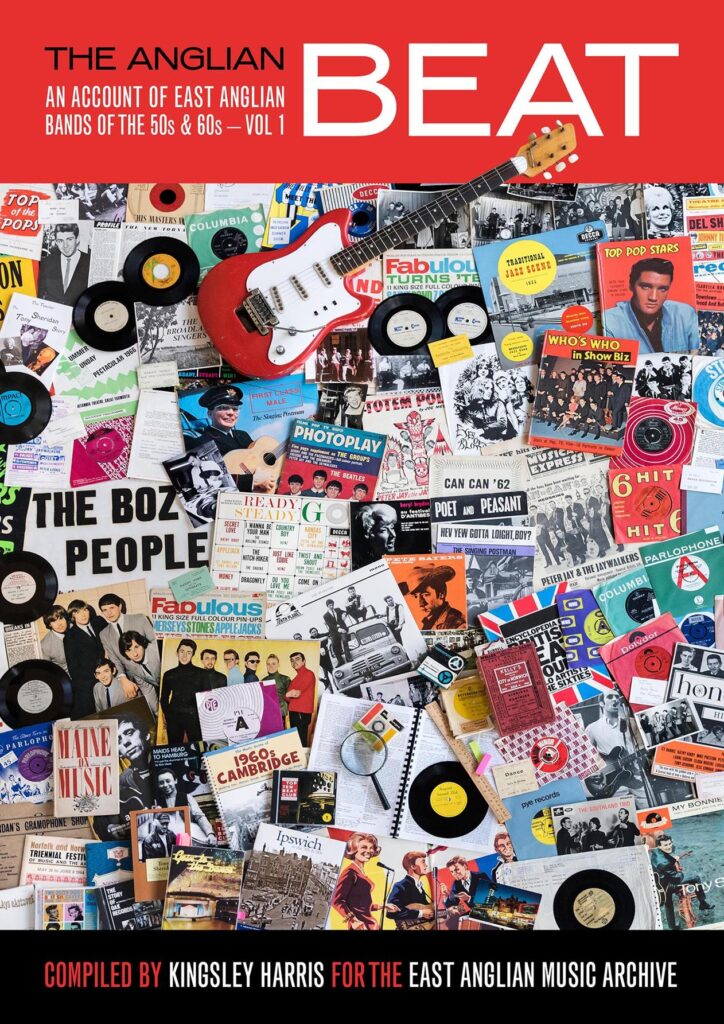



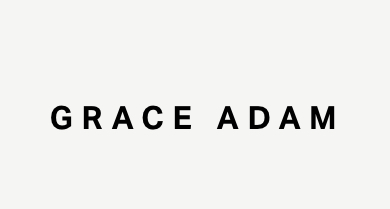
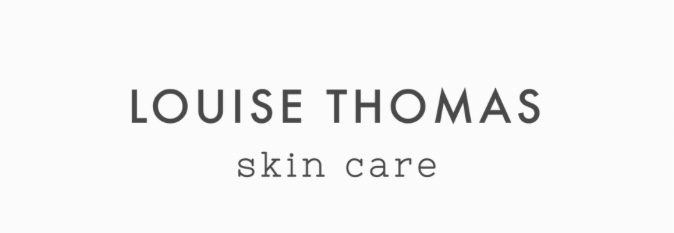

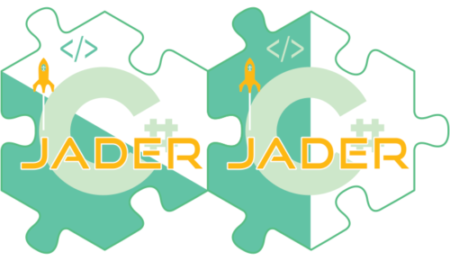
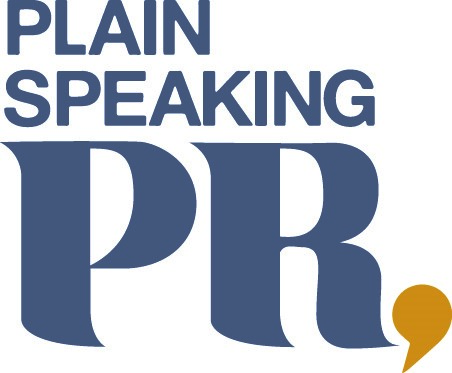
Leave a Reply